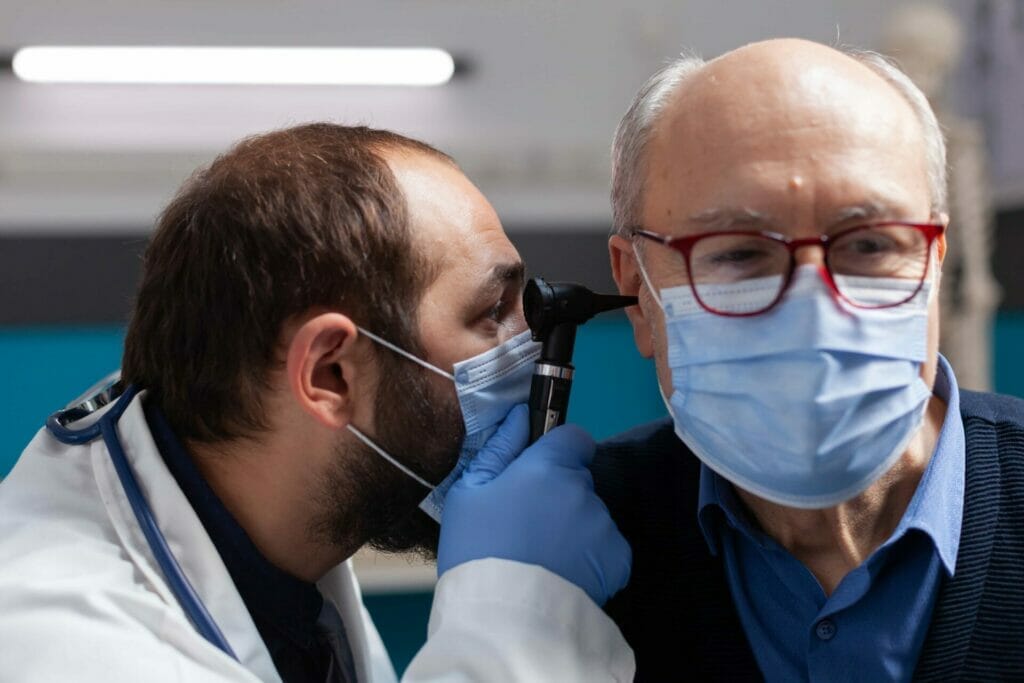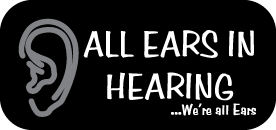How often should you see a hearing care professional?

Hearing loss is a common condition that affects millions of people worldwide. It can be caused by a variety of factors, including aging, exposure to loud noises, and certain medical conditions. If you are experiencing hearing loss, it’s important to see a hearing care professional for evaluation and treatment. But how often should you see a hearing care professional?
In general, it’s a good idea to see a hearing care professional at least once a year for a hearing evaluation.
This is especially true if you are over the age of 50 or if you have a history of hearing loss in your family. Even if you don’t think you have a hearing problem, it’s still a good idea to get your hearing checked on a regular basis to catch any problems early.
Here are some key highlights and bullet points to consider when deciding how often to see a hearing care professional
Age
As you get older, your risk of developing hearing loss increases. If you are over the age of 50, it’s a good idea to have your hearing checked annually.
Family history
If you have a family history of hearing loss, you may be more prone to developing hearing problems yourself. In this case, it’s a good idea to have your hearing checked regularly, even if you are younger than 50.
Exposure to loud noise
If you work in a noisy environment or enjoy attending concerts or other loud events, you may be at a higher risk for hearing loss. In this case, it’s important to have your hearing checked regularly to catch any problems early.
Medical conditions
Certain medical conditions, such as diabetes, heart disease, and high blood pressure, can increase your risk of hearing loss. If you have one of these conditions, it’s important to have your hearing checked regularly.
Symptoms of hearing loss
If you are experiencing any symptoms of hearing loss, such as difficulty hearing conversations or hearing ringing in your ears, it’s important to see a hearing care professional right away.
In addition to annual check-ups, there are other times when you may need to see a hearing care professional.
For example, if you suddenly experience a significant change in your hearing, such as a sudden loss of hearing in one ear, you should see a hearing care professional immediately. Similarly, if you experience any pain or discomfort in your ears, you should see a hearing care professional right away.
When you see a hearing care professional, they will perform a hearing evaluation to determine if you have any hearing loss. This evaluation may include a series of tests, such as a pure-tone audiometry test, speech recognition test, or middle ear test. Based on the results of these tests, the hearing care professional will be able to determine if you have any hearing loss and recommend appropriate treatment options.
In conclusion, it’s important to see a hearing care professional at least once a year, especially if you have a history of noise exposure a hearing evaluation is essential, also if you are over the age of 50 or have a family history of hearing loss.
If you are experiencing any symptoms of hearing loss, it’s important to see a hearing care professional right away. An independent local hearing aid provider is highly recommended not only it’s convenient to service and see your Hearing Care Professional. You will also be supporting a small local business. By taking care of your hearing and getting regular check-ups, you can catch any problems early and prevent further damage to your hearing.
DISCLAIMER:
The information on this website is provided for educational purposes only. We do not support, nor recommend any products or treatments without proper hearing diagnostic and proper hearing evaluation. All users must seek professional advice before beginning treatment as well as inform themselves of known side effects/risks associated with said procedure(s).
Check more related topics below.
Of our 5 senses, hearing is probably the most important for our feeling of connection to the world around us. It allows us to communicate with friends and family, enjoy the sounds around us like music or nature and helps keep us safe by alerting us to warning signals, the various sounds in traffic and other forms of danger. To properly understand how we conduct a hearing test, it is best to understand how the ear works.
All Ears in Hearing can assess hearing for both children (from age 3) and adults. No referral is necessary and rebates may be available from your private health fund. A Medicare rebate is only available for General Practitioner Referrals through the Chronic Disease Management program or with a referral from an Ear Nose and Throat Specialist or a Neurologist.
